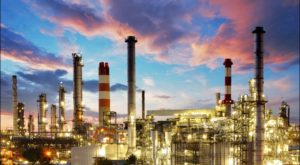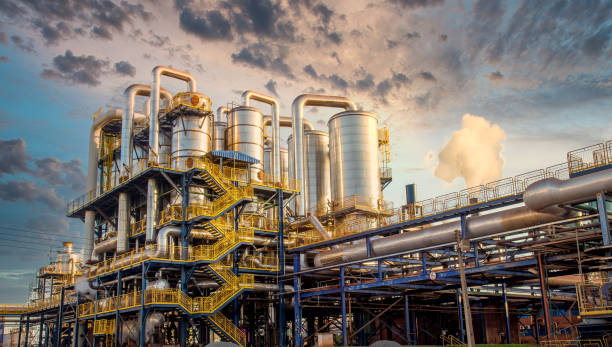
The manufacturing industry refers to the process of converting raw materials into finished goods or products that can be sold or used for further production. The manufacturing industry plays a crucial role in the global economy and contributes significantly to job creation, innovation, and technology development. In this response, we will provide an overview of the manufacturing industry, its significance, and key factors that affect its growth and development.
Overview of the Manufacturing Industry
The manufacturing industry encompasses a wide range of activities, including product design, production planning, material sourcing, quality control, and distribution. It involves various types of production processes, such as assembly line production, batch production, and continuous production. The manufacturing industry can be further classified into several sub-sectors, such as food and beverage manufacturing, automotive manufacturing, electronics manufacturing, and pharmaceutical manufacturing.

Significance of the Manufacturing Industry
The manufacturing industry is a critical driver of economic growth and development worldwide. It creates jobs, generates wealth, and contributes to technological advancements. Manufacturing activities are often linked to higher levels of productivity and competitiveness, and they play a crucial role in promoting trade and exports. In addition, the manufacturing industry provides essential goods and services to meet the needs of consumers and other industries, such as construction and transportation.
Factors Affecting the Growth of the Manufacturing Industry
Several factors can affect the growth and development of the manufacturing industry, including:
Technological advancements - The adoption of new technologies, such as robotics, automation, and artificial intelligence, can significantly improve production processes and increase efficiency and productivity.
Trade policies - Trade policies and agreements can impact the competitiveness of the manufacturing industry. For instance, tariffs and trade barriers can increase the cost of importing and exporting goods, while free trade agreements can increase market access and reduce costs.
Labor costs - Labor costs, including wages and benefits, can significantly impact the profitability of manufacturing firms. Higher labor costs may make it more difficult for companies to compete with firms from countries with lower labor costs.
Environmental regulations - Environmental regulations, such as emissions standards and waste disposal regulations, can impact the cost of production and affect the competitiveness of the manufacturing industry.
Supply chain disruptions - Disruptions in the supply chain, such as natural disasters or political instability, can impact the availability and cost of raw materials and components, affecting the manufacturing industry's production and profitability.

To address some of these challenges, many manufacturing firms are adopting new technologies and processes to improve efficiency and productivity, reduce costs, and improve product quality. For instance, automation and robotics are increasingly being used in manufacturing to reduce labor costs and improve efficiency. In addition, the adoption of lean manufacturing principles, which focus on minimizing waste and maximizing efficiency, has also helped manufacturers become more competitive.
Trade policies also play a critical role in the growth and competitiveness of the manufacturing industry. For example, countries may implement policies that promote domestic manufacturing, such as subsidies or import tariffs. However, these policies can also lead to trade disputes and retaliation from other countries, affecting the global trade landscape. On the other hand, free trade agreements can provide access to new markets and reduce costs for manufacturers.
The manufacturing industry also faces challenges related to sustainability and environmental responsibility. Many firms are implementing sustainable manufacturing practices to reduce waste, conserve resources, and minimize their impact on the environment. For instance, some companies are using renewable energy sources, such as solar or wind power, to power their factories. Others are exploring new materials or production processes that minimize waste and reduce environmental impact.
Overall, the manufacturing industry plays a critical role in the global economy, and its growth and development are influenced by various factors such as technological advancements, trade policies, labor costs, environmental regulations, and supply chain disruptions. Manufacturers must navigate these challenges to remain competitive and meet the evolving needs of consumers and other industries. As the industry continues to evolve, new technologies and processes will likely emerge, and manufacturers will need to adapt to remain competitive and sustainable.
Conclusion
The manufacturing industry is a critical component of the global economy, contributing significantly to job creation, technological advancements, and economic growth. However, the industry faces several challenges, including technological disruptions, trade policies, labor costs, environmental regulations, and supply chain disruptions. Understanding these factors and implementing strategies to mitigate their impact can help the manufacturing industry continue to thrive and grow.